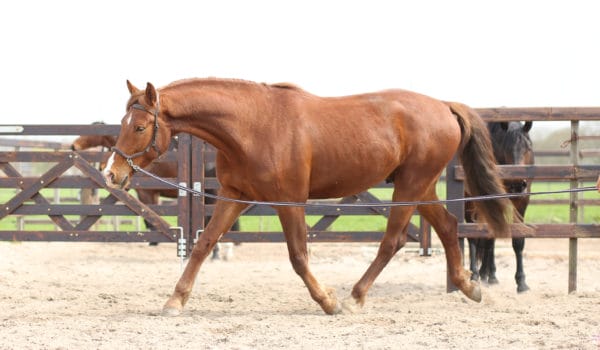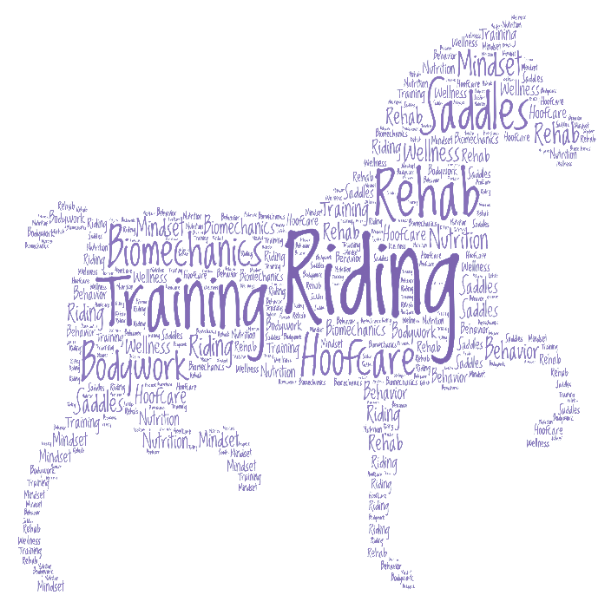
Creating a successful training and development program for horse and rider is definitely a team effort.
As we frequently repeat, EVERYTHING matters to our horses and has an impact on the outcome of their welfare and performance.
A central figure for most riders will include a trainer, whether sending a horse to them or taking lessons.
Sadly, there is no regulation or minimum amount of education required for one to be a trainer, so it is up to us owners to be able to navigate this territory ourselves.
The Unregulated Landscape of Horse Training:
Unlike professions that demand strict certifications and adherence to standardized educational benchmarks, the horse training industry is characterized by a lack of regulation.
This poses a challenge for horse owners seeking a trustworthy and capable trainer.
It also underscores the importance of informed decision-making when entrusting someone with the responsibility of guiding both horse and rider through the whole horse/whole rider journey from a welfare centric, evidence and research based perspective.
It is important to distinguish between opinion and solid procotols that have merit.
Understanding and recognizing dominance based training methods, no matter how passionately presented, is key to avoiding welfare issues.
Prioritizing Horse Welfare:
Horse welfare should be the linchpin of any discussion about horse training. It’s not just about performance; it’s about the holistic well-being of our equine partners.
For welfare centric training, your prospective trainer should prioritize the physical, mental, and emotional health of the horse in every aspect of their training methods.






